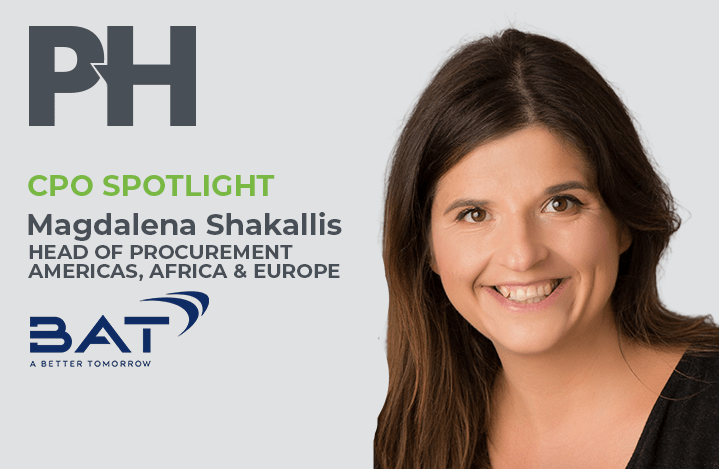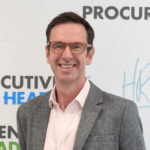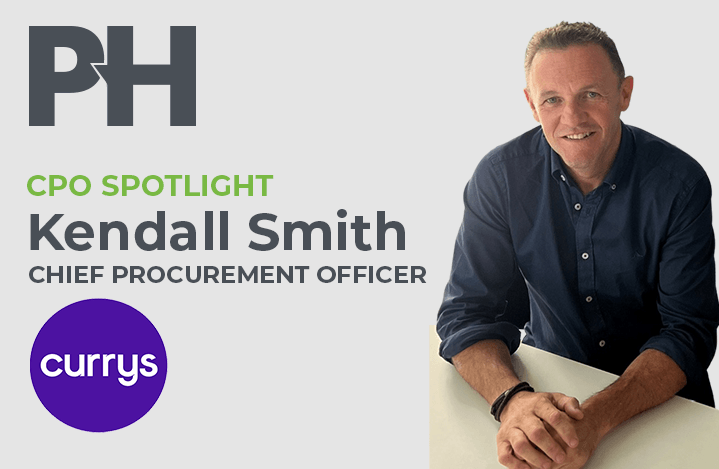For Procurement Heads’ latest CPO Spotlight, Magdalena spoke with Rupert Gaster about why she chose to complement her procurement career with end-to-end supply chain roles and what drives her curiosity.
Can we start by getting to know who you are and what you currently do?
I come from Poland, but moved to the UK in 2009, and lived in Chile for three years in the meantime.
I am a passionate traveller, although with small children I had to temporarily replace adventurous backpacking with exploring the English countryside.
I like learning, so I challenged myself some time ago with an Executive MBA from the London Business School, but since then my formal education has been limited to playing the drums with my son.
My New Year’s resolution was to spend more time on professional development.
At work, I am Head of Procurement at British American Tobacco and in charge of the procurement teams in the west side of the world (North and South America excl. US, Africa and most of Europe).
As a team of about 120 people we manage indirect, direct and logistics spend for more than 100 BAT commercial end markets and more than 25 factories.
What made you choose a career in procurement and how much has procurement changed since you started 20 years ago?
Procurement chose me.
The first company I applied to for work, back in 2002, did some tests about my profile and the outcome suggested I would be a good fit for procurement.
I had little knowledge about the function, but I was very enthusiastic about being able to make fair supplier comparisons and drive transparent decision-making when it comes to spending corporate money.
How procurement has evolved since seems just unimaginable.
It has moved from purely transactional to strategic and from local to above-market perspective.
Category management has been added and embedded into the operating model.
There has been an entire shift from it being seen as a back-office support function to a core business partner and contributor
I am super passionate about continuing my journey to educate stakeholders about the wider value of procurement, beyond savings.
It is rare to see senior procurement leaders with such a variety of end-to-end supply chain experiences.
Why have you decided to go for such diverse career moves?
I am a strong believer in cross-functional development paths, and it was always my ambition to build first-hand experiences across different parts of the supply chain.
There are many benefits of this career strategy.
You understand a wider context of the entire operations function and the variety of business challenges your stakeholders, and even suppliers, are facing.
As they are familiar to you, you can address them more effectively through better communication and collaboration.
Also, on the development level, by operating across different work and cultural environments, often outside of core competencies and comfort zones, you can test, stretch and enhance your leadership skills.
I enjoyed thoroughly my roles as a Factory Manager and Supply Chain Manager and I am happy to bring these experiences now back to procurement.
As a fellow Sustainable Procurement Pledge Ambassador, how do you think procurement can drive the sustainability agenda in the business?
The sustainability agenda is where procurement has a brilliant opportunity to make a real business impact and everyone in this profession has a responsibility to step up and act.
There are natural focus areas like contribution to the Net Zero strategy via reducing Scope 3 emissions, supporting renewable energy purchases or identifying new suppliers with breakthrough ESG-focused innovation – a great way to do so is via open innovation platforms.
One fascinating area for us to look at is using blockchains to promote transparent and fully traceable supply chains from raw materials origins, through manufacturing points up, distribution up to a product’s end life cycle.
Procurement can contribute to blockchains with information about ethical sourcing, fair work practices within our suppliers, the environmental impact of our supply base, compliance with contracts and ESG KPIs etc.
Blockchain can become a game-changer for us and the ecosystems of our suppliers.
We can look at it as a continuous feedback loop with easily accessible supply chain and procurement insights, which can be then turned into a competitive advantage and consumer benefit.
And do you see more and more procurement roles focusing on sustainability?
I do see and expect more ESG-focused roles added to procurement structures.
They are mainly focused on strategy definition, aligning common standards, building consistent reporting, and leading suppliers’ engagement.
In the long term, I believe that sustainability will become part of the skills matrix for all procurement roles.
Everyone: Category Managers, Sourcing Managers and Procurement Leaders will need to upskill and onboard ESG as part of their business-as-usual objectives.
You describe yourself as a curious change-maker and passionate problem solver, what drives that leadership profile?
It sums up my academic focus, personality traits and business strengths.
I see gaps as opportunities and aim to create a culture where we continuously improve and progress.
A big part of professional success is understanding what you are naturally good at, and what your main team contributions are.
You can then find the environment in which you fit and build a team where everyone complements each other.






